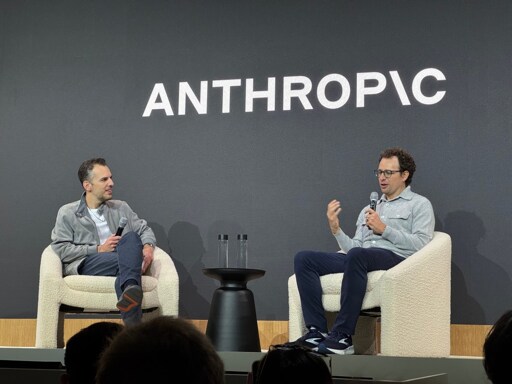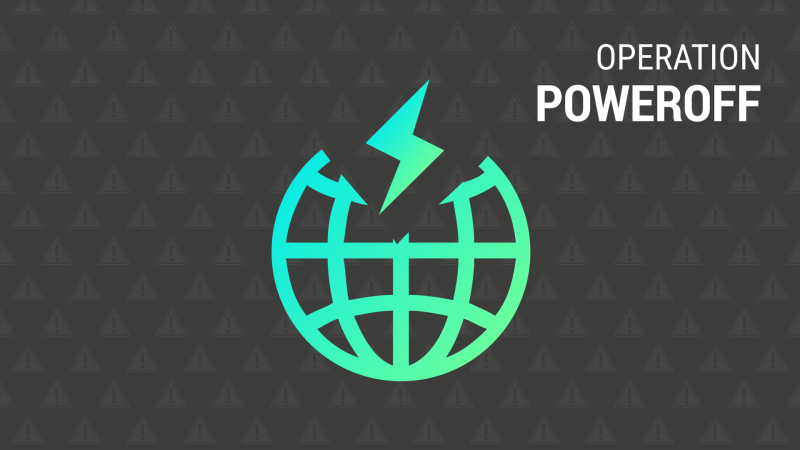

(Worse that there don’t exist any front-end viable for Facebook/Meta)
Generated answer from Andi
Yes, there are several privacy-focused alternative TikTok frontends:
ProxiTok is the main open-source alternative frontend for TikTok[1]. It allows you to:
- Watch TikTok videos without connecting to TikTok servers
- Create following lists to track specific users
- Access RSS feeds for users and trending content
- Browse without ads or tracking
StickTock is another privacy frontend that lets you watch TikTok content by replacing “tiktok.com” with “sticktock.com” in any video URL[2]. It offers both clearnet and Tor onion addresses.
Offtiktok provides similar functionality by adding “off” before “tiktok” in URLs[3]. It includes a minimalist feed for watching recommended videos without ads or geo-restrictions.
All these frontends are:
- Free and open-source
- Self-hostable
- Privacy-focused (requests go through their servers instead of directly to TikTok)
- Ad-free

















Always more we need to stop believing that humans are intelligent.